The weather in Maryland is often characterized by cool, frigid winters and warm, humid summers. The hot season can last anywhere from May to mid-September with the average daily temperatures reaching over 79 degrees in Baltimore. Not only do elevated temperatures cause discomfort, the humidity and lack of clouds make individuals, especially older adults, more susceptible to heat-related conditions and illnesses. In fact, those 60 years and older are the most vulnerable age group for heat stroke. Keep the following tips and warning signs in mind in order to be ready to tackle the heat this summer!
Why are Older Adults at Risk?
In general, older people do not adjust well to sudden changes in temperature- hot or cold. There are a variety of reasons for this. First, elders are more likely to have a chronic health condition that changes the body’s normal response to temperature variation. Examples are heart, lung, and kidney diseases in addition to high blood pressure, poor blood circulation, and inefficient sweat glands. Prescription drugs can sometimes also affect the body’s ability to control temperature and sweat. Many diuretics, sedatives, tranquilizers, heart and blood pressure medications will reduce the amount a person sweats, putting an individual at higher risk for heat-related illness. While it is always a good idea to stay informed during the summer months, if any of the risk factors apply to you, it is important that you know the warning signs of heat-related illness and speak to a doctor further about how to manage the heat and other chronic conditions.
Warning Signs of Heat-Related Illness
In general terms, heat-related illness can be classified as hyperthermia, or increased body temperature. There are several conditions and ranges of severity that are caused by the hot weather. The following are listed from least to most dangerous.
Heat Rash: Heat rash includes clusters of small blisters on the skin. In order to treat a heat rash, try to stay in a cool, dry place. Applying baby powder to the area may lessen any pain.
Sunburn: Just because sunburn is common, does not mean it isn’t dangerous. Sunburn results in painful, red and warm skin that can blister and peal. If you are experiencing sunburn, try to stay out of the sun, put on cool clothes, and apply moisturizing lotion. Be sure not be break any blisters!
Heat Cramps: Heat Cramps are painful muscle spasms that appear with heavy sweating during exercise. Stop physical activity right away and move to a cool place, drinking water regularly. Call for medical assistance if the severe cramps last for longer than one hour, you’re on a low-sodium diet, or if you have a history of heart problems.
Heat Exhaustion: Symptoms of heat exhaustion include heaving sweating, clammy skin, a fast, weak pulse, nausea, weakness, dizziness, and fainting. Move to a cool place immediately. Place wet cloths on the wrists, neck, armpits, and groin. These are areas of the body where blood passes close to the surface of the skin and will cool your body faster. Get medical help if you are vomiting, symptoms worsen or last longer than 1 hour, and if your temperature reaches above 104 degrees.
Heat Stroke: Symptoms of heat stroke include fever, hot/red/dry skin, a fast, strong pulse, headache, dizziness, nausea, confusion, and fainting. Call 911 right away. Do not have anything to drink. If you are able, move to a cool place and wait for medical assistance.
Tips to Stay Safe
The summer sun and hot weather present some health-related risk; however, they can be managed. The first tip is to stay in air-conditioned buildings as much as possible. Fans should not be your only cooling source. You should also keep your home as cool as you can by limiting the use of a stove or oven. The next tip is to drink more water than usual, not waiting until you feel thirsty. Be sure to check with your doctor about this tip if you have fluid intake restrictions or are on water pills. In terms of attire, wear loose, lightweight, light-colored clothing and take cool (not too hot or cold) showers or baths. While exercise is an important aspect of healthy living, make sure that you do not get overheated by taking breaks and getting plenty of rest. If you plan on visiting a Senior or Community Center it may be a good idea to call ahead to make sure they are properly air-conditioned.
